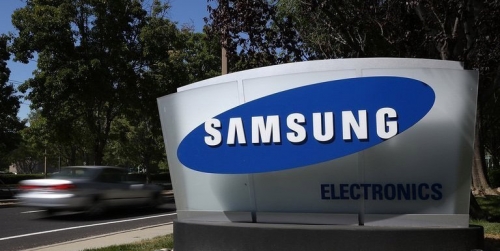 Samsung kicked off construction of a new chip plant to help fuel growth as smartphone sales slow, saying it would invest 15.6 trillion won ($14.3 billion) until production begins in 2017.
Samsung kicked off construction of a new chip plant to help fuel growth as smartphone sales slow, saying it would invest 15.6 trillion won ($14.3 billion) until production begins in 2017.
The South Korean electronics giant, which has seen a surge in demand for chips, broke ground on the new plant in the city of Pyeongtaek, 70 kilometres (44 miles) south of Seoul.
Production at the 2.89 million square-meter plant will begin in the latter half of 2017, Samsung said in a statement.
The investment of $14.3 billion is the largest amount the firm has ever committed to a single plant, it added.
“The Pyeongtaek semiconductor plant will play a key role in strengthening our leadership in mobile and server (chip) market where demand has soared recently, and secure a leading position (in) the next-generation Internet of Things market,” it said.
It was referring to a platform that connects a wide array of Internet-enabled devices from refrigerators to cars.
Samsung’s chipmaking unit — the world’s second-largest after Intel — has helped cushion a recent slump in the firm’s smartphone business.
The company, which is the world’s top maker of smartphones and handsets in general, has reported an on-year decline in net profit for four straight quarters.
Last month it posted a near 40% fall in first quarter net profit, missing analysts’ estimates, while operating profit of the key mobile unit dropped nearly 60% from a year ago.
However, operating profit of the semiconductor unit soared more than 50% on-year to 2.93 trillion won — and was up 8.5% from the fourth quarter.
Samsung’s semiconductor unit provides chips for handsets, computers and servers, and for Samsung products as well as other electronics giants including Apple.






